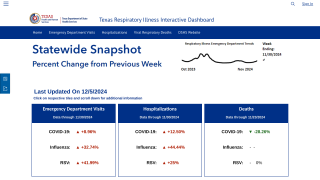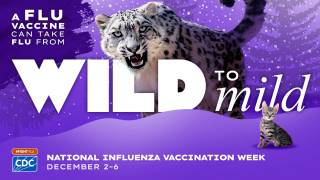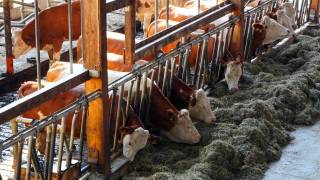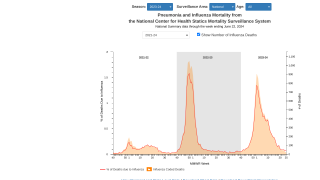11 More Mammals Positive for Bird Flu
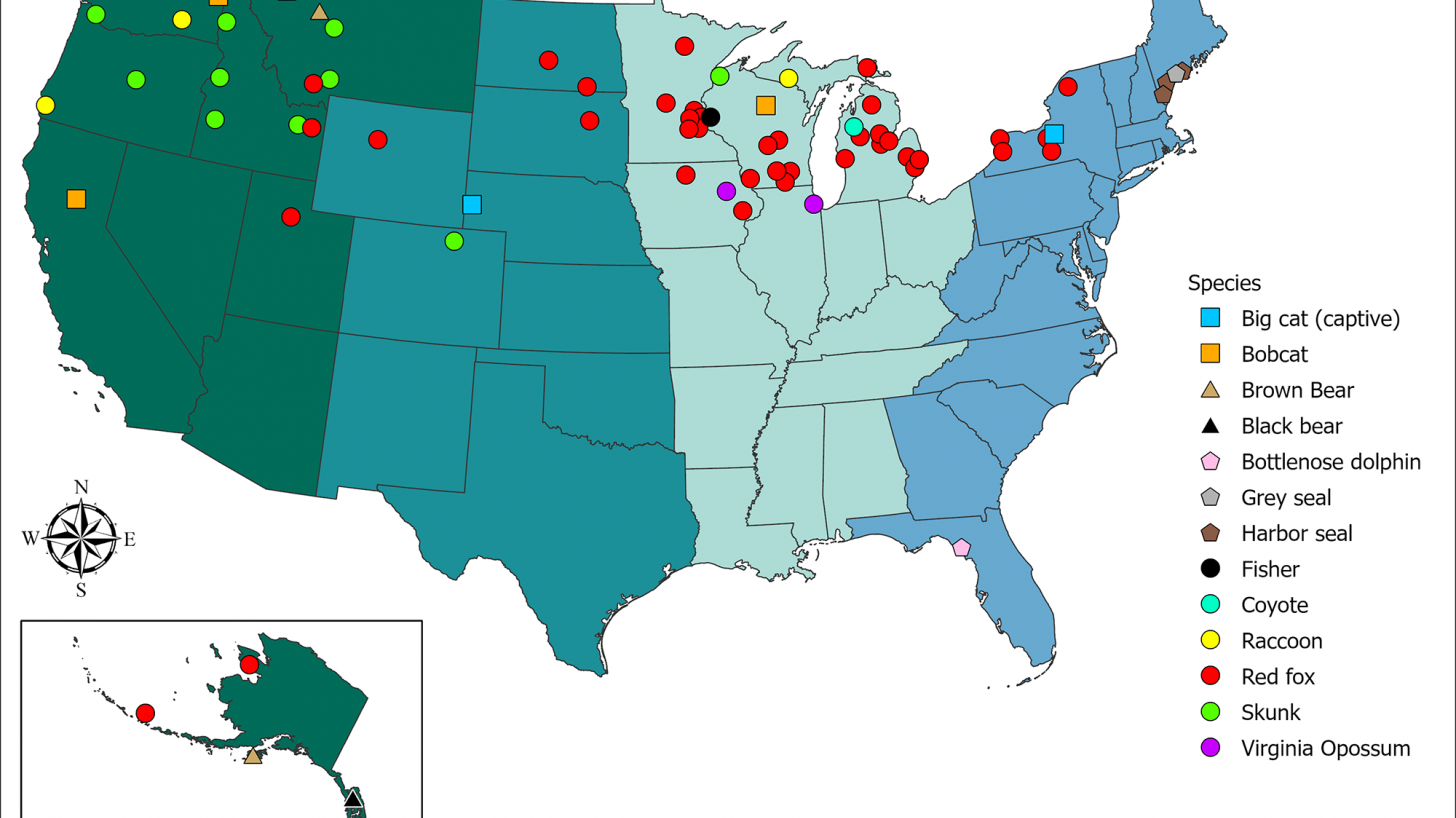
Since the avian influenza outbreak began in the U.S. in early 2022, millions of birds have been detected with Highly Pathogenic Avian Influenza (HAPI) influenza type A viruses.
The Eurasian H5N1 strain initially appeared in North America in January 2022 and has impacted 47 states, leading to the loss of over 58.3 million various types of birds as of February 11, 2023.
And this HAPI outbreak has crossed over into mammals.
The United States Department of Agriculture's latest report indicates 121 HAPI H5N1 detections in mammals such as skunks, bears, raccoons, and foxes.
Expanding this list was a new report from the Colorado Parks and Wildlife (CPW), which detected this strain of HPAI in wild geese in Northeast Colorado in March of 2022.
The CPW announced on February 9, 2023, several cases of HPAI in free-ranging wildlife.
A black bear from Huerfano County was affected by the disease in October, a skunk from Weld County was found positive for the disease in November, and a mountain lion that died in Gunnison County was recently confirmed to have the disease.
Other similar suspected mammalian cases have been detected in the state, with confirmatory testing pending.
"The decision to humanely euthanize the animal by our wildlife officer was made following the abnormal behavior and knowledge that numerous infectious diseases cause neurological symptoms," said CPW Area Wildlife Manager Mike Brown in a press release.
"Extremely ill animals have difficulty moving and often act abnormally."
The Gunnison County mountain lion was found dead just outside of Gunnison city limits in 2023, in an area where mountain lion activity is commonplace.
The mountain lion had necrosis in the liver and bronchointerstitial pneumonia, which have been seen in domestic cats with HPAI.
CPW Area Wildlife Manager Brandon Diamond commented, "While this is an interesting case study with the lion, it's important to point out that HPAI has been documented previously in various mammals across the country."
The U.S. is not alone in reported bird flu cases in mammals.
Over the past year, various mammals in Mexico, Canada, South America, and the U.K. have also been infected by HAPI viruses.
And in Spain, a mink (Neovison vison) farm in Carral offers evidence that the H5N1 virus strain can spread between infected mammals.
While there are no vaccines to protect birds or mammals from this type of HAPI, there is one U.S. Food and Drug Administration (FDA) approved vaccine for people.
The Audenz™ monovalent, adjuvanted, cell-based inactivated influenza (H5N1) subunit vaccine is designed to protect people six months of age and older in the event of bird flu pandemics.
Audenz's initial FDA authorization was in January 2020, with a Supplemental authorization in 2021.
Our Trust Standards: Medical Advisory Committee



